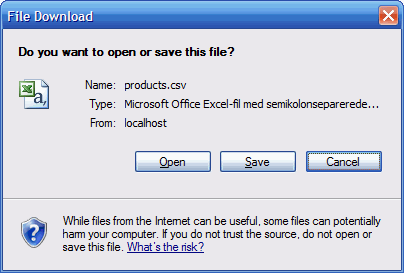Where is .NET?
The
developer community has gotten big on the Internet the last couple of years – very
big. New blogs are constantly adding value to the blogosphere which seem to grow
by the second. There is no doubt in my mind that this trend is a bonus for us
developers, because we can now find multiple solutions to almost every problem we
face in our daily professional life.
Being
a .NET developer I subscribe to a lot of .NET related sites like DotNetKicks and ASP.NET,
but also the more broad developer sites like dzone, Digg/programming etc.
I really enjoy reading non .NET related things as well because it puts various topics
in perspective.
However,
today at Digg/programming, not one single topic involved .NET. There were a lot of
PHP, Ruby and Java. So where is .NET? Why is .NET so under represented on the broader
community sites? I don’t think it is because PHP or Java has a bigger user base or
is better or worse than .NET. It must be something else. Maybe it is because .NET
developers just don’t care about the other programming languages and platforms. That’s
fair enough, but I don’t buy it.
Could
it be because .NET developers don’t feel as strongly about their choice of platform
as the rest? They are happy with Visual Studio, they can find what ever they need
from the Internet and that’s it. They don’t feel the urge to go tell the world about
all the wonderful features and possibilities of .NET. They just use it and feel happy
about it.
Another
reason could be that .NET devs are not as likely to jump on the Web 2.0 wave of social
bookmarks, RSS and other such sharing technologies. They are maybe not aware of the
possibilities in the new Internet and as such are more likely to be more passive users.
Either way, this is bad. Fellow .NET’ers go promote, go write blog posts and article on .NET related goodies and make a presens on the broad community sites. We can’t and won’t beat the rest of the community, but we can do better than we do now.
